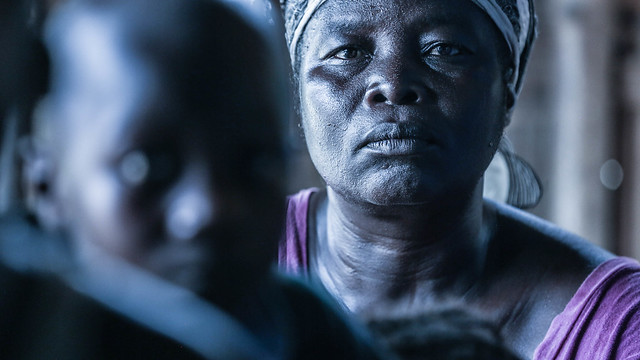Weight Loss Eggplant Tea Recipe
Make Cameroon weight loss garden egg tea.
Garden eggs are also known as eggplants are very low in calories but high in dietary fiber. In Most African countries, garden eggs are a favorite food for weight loss. Cameroon Mendim-me-zong garden egg tea is perfect for achieving weight loss due to its low-calorie content.Weight Loss African Eggplant Tea Recipe

Ingredients
4 Garden Eggs
Water for boiling
Directions
Over high heat, in a large pot add peeled diced eggplants, cover with water. Boil eggplants until soft about 10 minutes. After cooling separate the eggplant water from the pulp using a kitchen strainer. Drink tea warm or cold.
Eggplants contain fiber, vitamins, minerals, phytonutrients, and anthocyanins and will help with achieving a healthier weight.
Eggplants contain sufficient amounts of fiber, vitamins, minerals, phytonutrients, and anthocyanins. Most people should consume about 25-38 grams of fiber each day. One cup of raw eggplants provides about 12 percent of your daily fiber needs. Fiber, the indigestible part of carbohydrate, plays an important role in heart health.Studies have shown that those people who consume fiber-rich diets are at a reduced rate of cardiovascular disease and diabetes. People who eat fiber-rich diets are also at healthier weights and have a reduced risk of certain cancers.
Eggplants are also a good source of fat-soluble vitamin K. Vitamin K is important in blood clotting. Eggplants contain manganese, which is a component of antioxidant enzymes and plays a role in breaking down glucose and protein.
In addition, eggplants contain high amounts of various types of phytonutrients, especially nasunin and chlorogenic acid, which may help protect our cells from damage and lower the risk of heart disease.
The skin of eggplants contain anthocyanins, which give them their purple hue. Anthocyanins have been shown to have antioxidant power by combating oxidative stress.
Research suggests that eating foods with anthocyanins may also help to fend off diseases, such as cardiovascular disease and cancer and aid in health maintenance.






















